Politics
I Have No Link With Offa Robbery Suspects, Saraki Writes Police IG Again

For the second time, President of the Senate, Dr Bukola Saraki, has written to the Inspector-General of Police, Ibrahim Idris, in response to his invitation to appear for an interrogation over the allegations made against him by armed robbery suspects who attacked banks in Offa, Kwara State.
The police had in June invited Saraki for questioning over the bank robberies in Offa on April 5, but the Senate President responded to the invitation in writing.
The IG, in a letter dated July 23 and addressed to the Senate President, again asked Saraki to report to the police on Tuesday at 8 am to provide further clarification on his relationship with the five leaders of the robbery gang.
Idris, in his latest letter, insisted that the gang leaders claimed they were political thugs to Saraki, adding that “the Senate President supplies arms and money to the thugs; that everyone in Kwara Central fears them because of their guns and ability to kill anybody without hesitation.”
The Senate President, however, did not honour the invitation. He had escaped the siege laid to his Maitama, Abuja residence by the operatives of the Department of State Services and men of the Nigeria Police.
Asked on Wednesday if Saraki would answer the summons by the police, his Special Adviser on Media and Publicity, Mr Yusuph Olaniyonu, said his boss had responded to the police in writing.
Olaniyonu also said Saraki had answered all the questions raised by the police in his letter to the IG.
He added that Saraki’s letter was written and dispatched to the police on Tuesday, stressing that its receipt was duly acknowledged.
Olaniyonu further stated that after answering all the questions raised by the police in his letter, he did not believe that there was any further need for Saraki to go to the police personally.
“He has written a letter to them and the letter has taken care of the purpose of the invitation. He sent the letter to them yesterday (Tuesday). The letter addressed the issues raised in the invitation letter,” Olaniyonu said.
The police spokesman, Moshood Jimoh, could not be reached for comment on Saraki’s letter as he did not respond to several phone calls. He had yet to reply a text message as of the time of filing this report.
Also, it was learnt that the Deputy Senate President, Ike Ekweremadu, had written the Economic and Financial Crimes Commission requesting another date to appear before the commission.
It was learnt that Ekweremadu sent the letter to the EFCC on Wednesday.
A senior EFCC official told our correspondent that the senator noted that he wasn’t given ample time to honour the invitation and would, therefore, need more time.
The EFCC official said, “We received a letter from Senator Ekweremadu requesting another date to appear before us. We will respond to him in due course.”
Officials of the anti-graft agency accompanied by scores of policemen had on Tuesday laid siege to the Deputy Senate President’s home on Jim Nwobodo’s home, Apo Legislative Quarters, Abuja.
The EFCC operatives had attempted to arrest Ekweremadu barely hours after inviting him.
In a letter signed by the Director of Operations of the EFCC, Mohammed Abba, with a reference number, ‘CR.3000/EFCC/DOPS/Vol.49/40 dated July 24, 2018, the commission asked the Deputy Senate President to immediately make himself available for questioning.
In the letter titled, ‘Case of Conspiracy, Abuse of Office and Money Laundering’, the anti-graft agency said the request was made pursuant to Section 38(1) of the Economic and Financial Crimes (Establishment) Act, 2004.
The letter read in part, “The commission is investigating the above-mentioned case in which your name featured prominently and the need to obtain certain clarifications from you became imperative.
“In view of the above, you are kindly requested to report and interview by the undersigned at 5 Fomela Street off Adetokunbo Ademola Crescent Wuse 2, Abuja on Tuesday, July 24, 2018, at 10 am prompt.”
EkweremaduEkweremadu could not be reached to confirm or deny his response to the EFCC. His Special Adviser on Media, Uche Anichukwu, was contacted via telephone on Wednesday afternoon but he asked for more time to reach out to his boss. When he was called again at 7:45 pm, he said his boss was not home.
Anichukwu had yet to reply, as of the time of filing this report, to the text message sent to him telling him about the information from the EFCC source.
In a related development, Ekweremadu has given more details on the siege to his Abuja residence by the operatives of the EFCC.
A statement by his Special Adviser on Media, Uche Anichukwu, on Wednesday, quoted Ekweremadu as explaining the situation on Tuesday when the leaders and members of the Senate and the Peoples Democratic Party visited him after the security agents had left.
The Deputy Senate President said the security agents left at about 12:20 pm after spending about six and a half hours.
Ekweremadu said, “We anticipated that a number of our colleagues in the All Progressives Congress would defect and join the Peoples Democratic Party. In anticipation of that, the APC leadership had tried to stop them. When that didn’t happen, the first thing they did was to invite President of the Senate (Bukola Saraki) to come to the police this (Tuesday) morning. They believe that once the President of the Senate goes to the police, I would be the one to preside and probably give effect to the letter of defection.
“In anticipation of that, the police, the EFCC and other security agencies came together — about 200 of them — to stop me from going to the National Assembly. They said I should come to the EFCC to give an explanation over the things I was accused of. I agreed to follow them even though there was no prior invitation, but they were not eager to let me go to answer the invitation.
“The plan was to stop me and the President of the Senate from going to the National Assembly. Unfortunately for them, the President of the Senate was already at the Senate to preside over the plenary session.”
Meanwhile, Governor Ayodele Fayose of Ekiti State on Tuesday night separately met with Saraki and Ekweremadu. While he visited the Deputy Senate President at his residence, the governor met with the Senate President at his office.
Speaking to journalists at the National Assembly, Fayose said the defections from the APC were for Nigerians and not the PDP. He said the defectors had taken a “path of honour.”
Two of the 14 senators who dumped the APC on Tuesday had denied joining the PDP. While Senator Monsurat Sunmonu (Oyo-Central) said she defected to the ADC, Senator Lanre Tejuoso (Ogun-Central) said he had yet to join another party.

News
Former Nigerian President Muhammadu Buhari Dies at 82
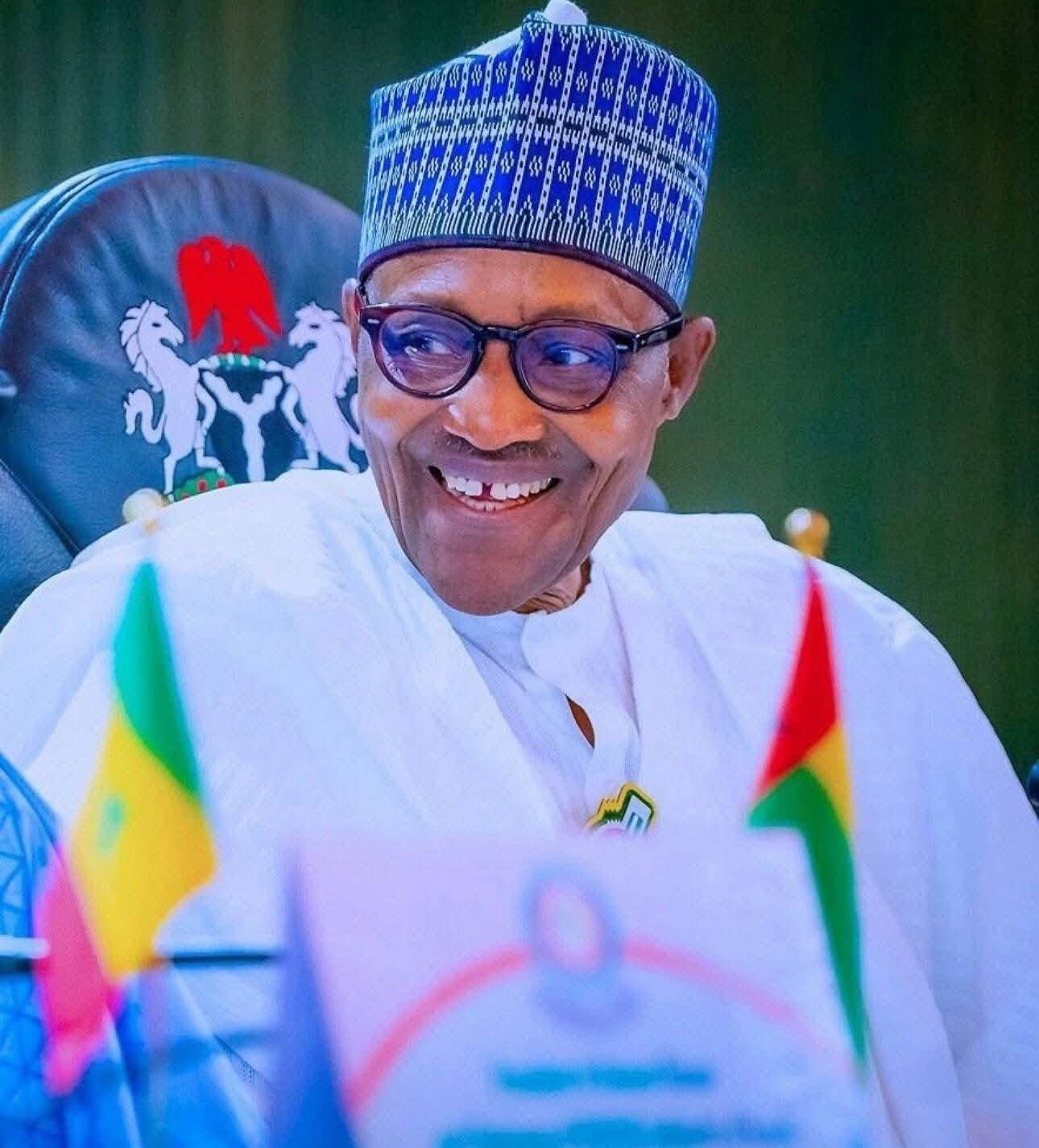
Nigeria is in mourning as news breaks of the passing of former President Muhammadu Buhari. The elder statesman reportedly passed away in the early hours of today at the age of 82.
Buhari, who served as Nigeria’s President from 2015 to 2023, was known for his anti-corruption stance, military background, and strong influence on Nigeria’s political landscape for over four decades. Before his civilian presidency, he also ruled as military head of state from 1983 to 1985.
Sources close to the family confirmed his peaceful passing at his Daura residence in Katsina State, surrounded by loved ones. Official statements from the presidency and his family are expected soon.
Tributes have started pouring in from across the nation and beyond, recognizing Buhari’s role in shaping Nigeria’s democratic journey and his dedication to national security and infrastructural development.
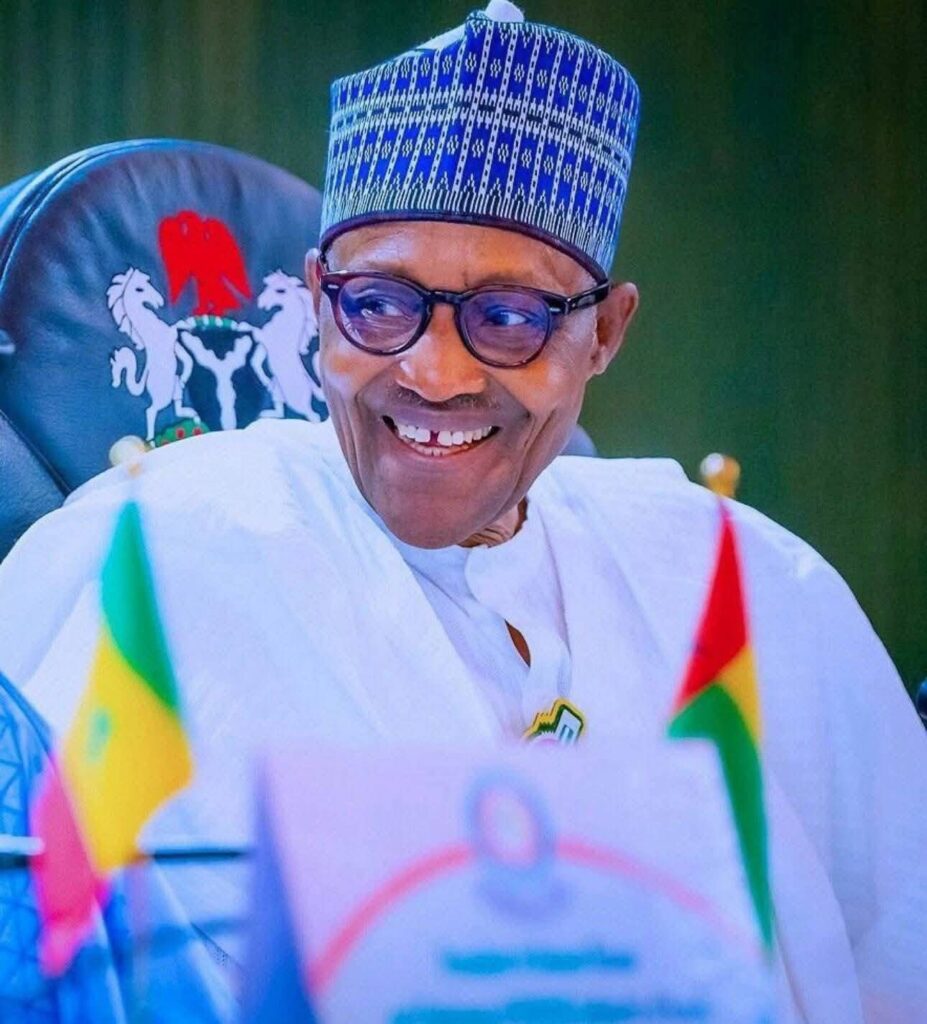
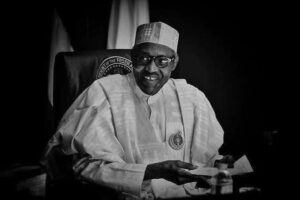
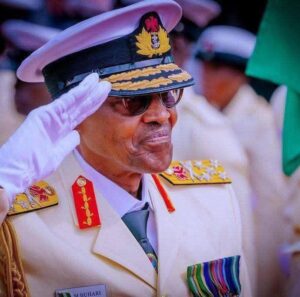
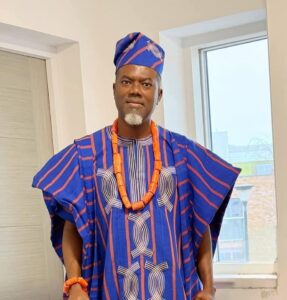
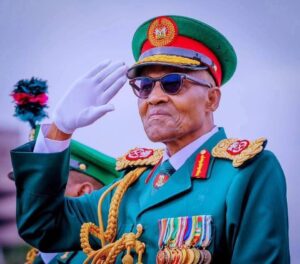
News
Akpabio Removes Natasha Akpoti as Chairman of The Senate Committee on Diaspora and NGOs
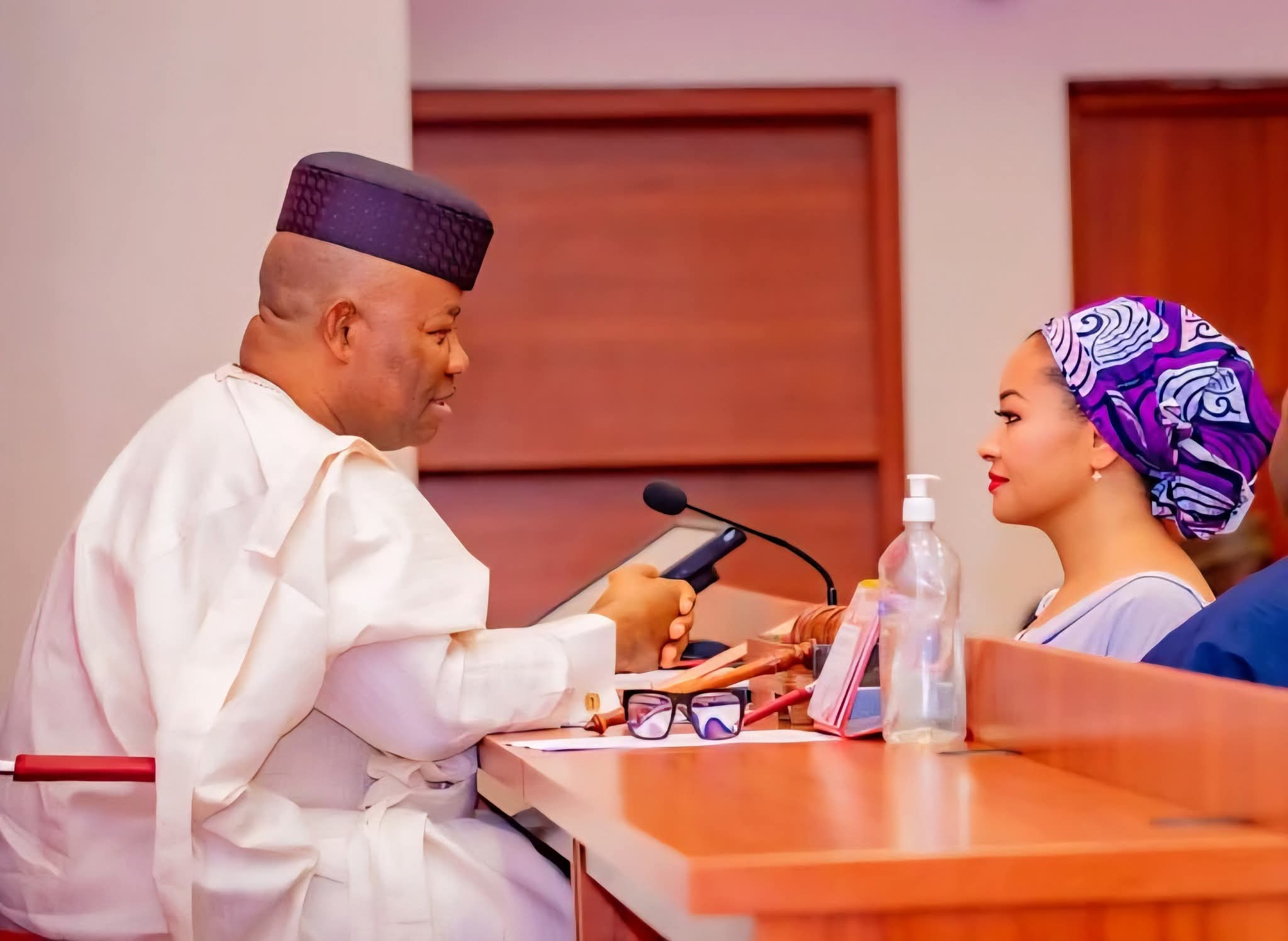
Senate President Godswill Akpabio has made a major change in the leadership of the Senate Committee on Diaspora and NGOs.
Senator Natasha Akpoti-Uduaghan has been removed as the Chair of the committee, and a new replacement has been named immediately.
Although no official explanation was given at the time of the announcement, the development has sparked conversations in political circles. Senator Natasha, known for her passion in representing diaspora-related matters, has not yet reacted publicly.
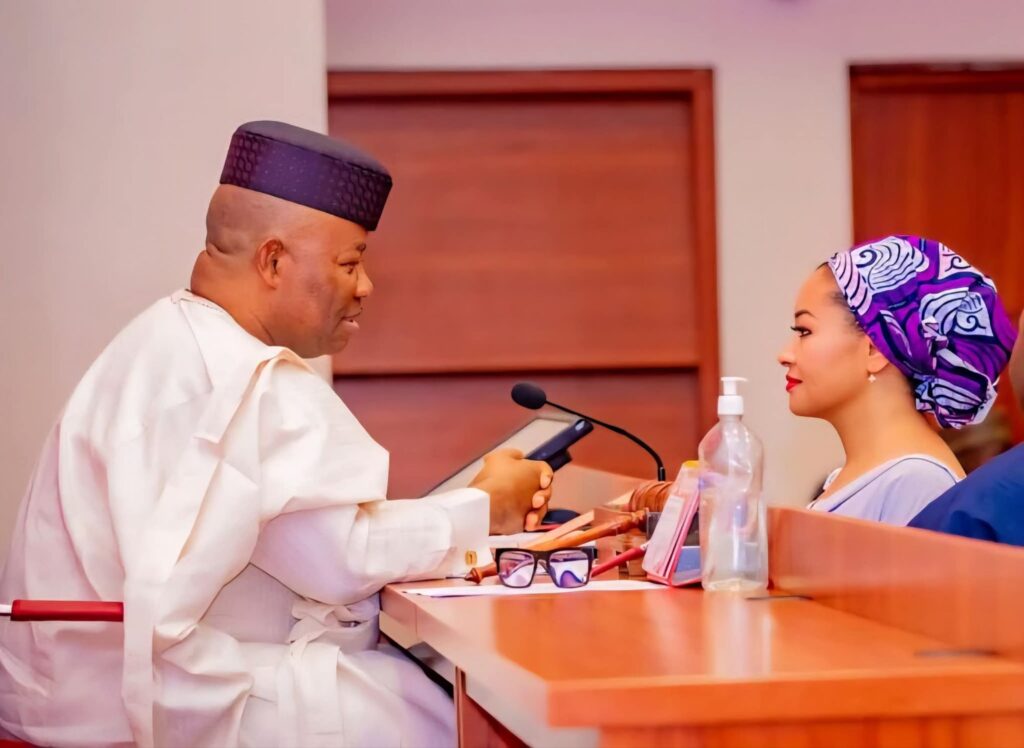
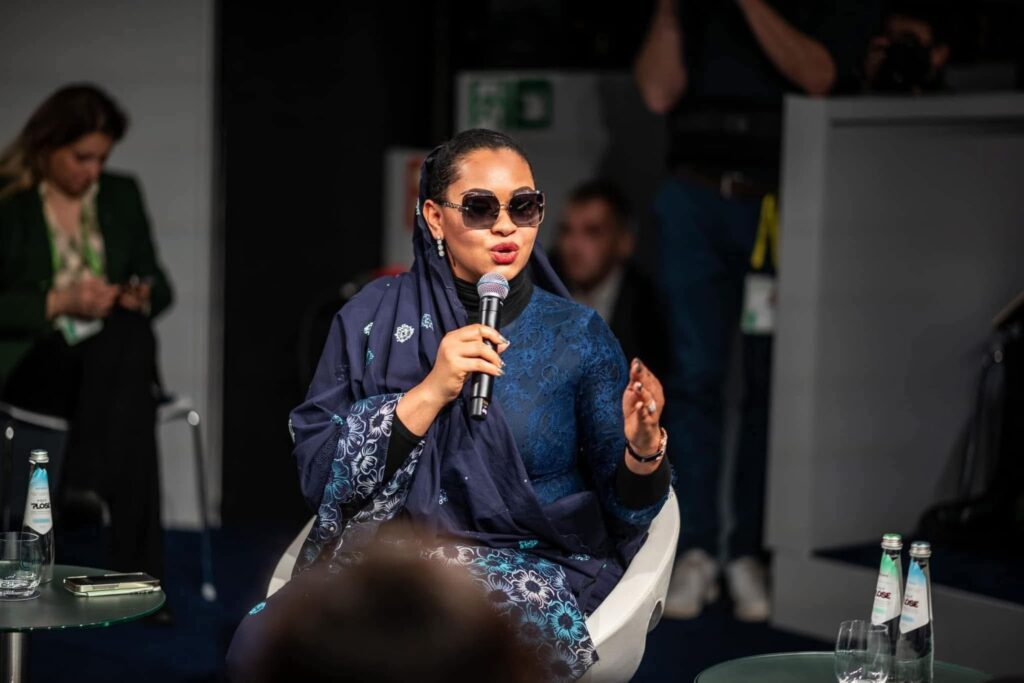
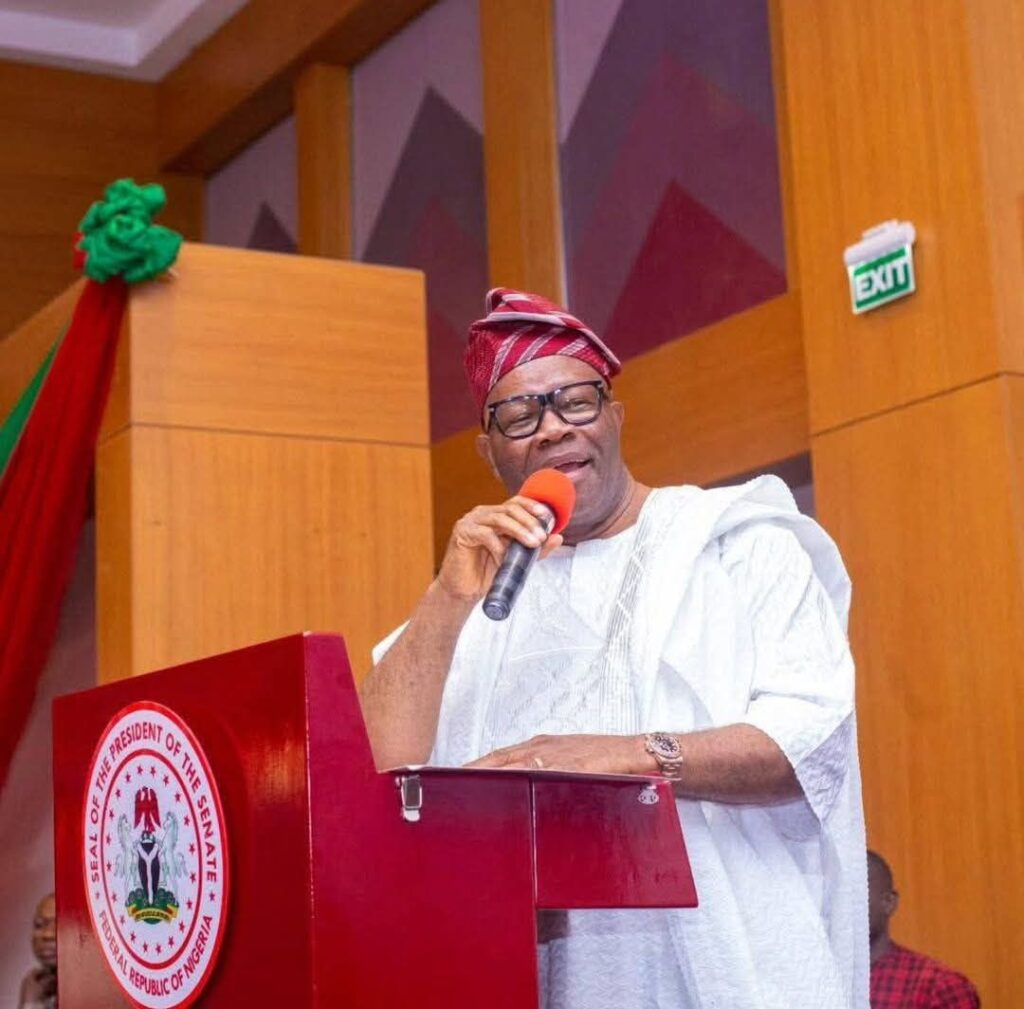
Foreign
Fear of Assassination: Iran’s Supreme Leader Khamenei Picks Three Potential Successors—Excludes Son
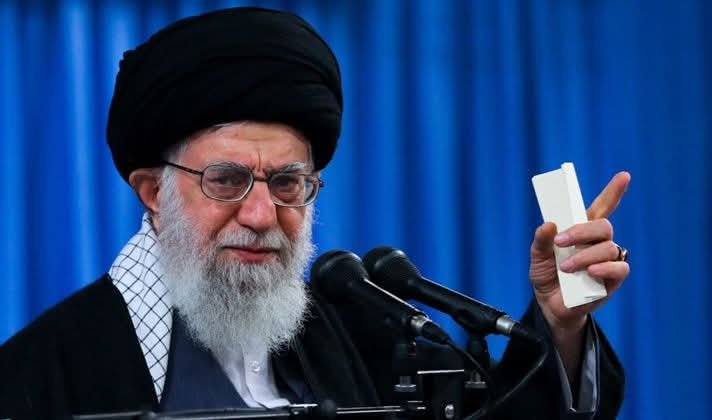
Amid rising tensions and fears of targeted attacks, Iran’s Supreme Leader Ayatollah Ali Khamenei has reportedly named three possible successors, excluding his son, in preparation for a worst-case scenario during the ongoing conflict with Israel.
According to a Saturday report by The New York Times, the 86-year-old leader, who is said to be operating from a secure underground bunker, privately selected three senior clerics to take over leadership if he is killed. The decision follows a wave of high-profile assassinations allegedly carried out by Israeli forces, which has heightened concerns at the highest levels of Iran’s leadership.
Crucially, Khamenei’s son, Mojtaba—who has long been rumored to be his heir apparent—was not included among the chosen candidates. This marks a significant departure from previous speculation suggesting a dynastic transition was in the works. The Jerusalem Post also confirmed the report, adding that Khamenei has made additional contingency plans by appointing replacements within Iran’s military hierarchy in anticipation of further Israeli attacks.
Traditionally, Iran’s Supreme Leader is selected by the Assembly of Experts, a powerful clerical body of 88 members. However, Khamenei’s move suggests he may be attempting to influence the succession process in advance, seeking to ensure ideological continuity and maintain regime stability amid external threats.
Experts believe the choice of three clerics rather than a single successor points to internal disagreements and the urgent need for contingency planning as the situation escalates. While the identities of the chosen individuals remain undisclosed, sources say they are trusted hardliners closely aligned with Khamenei’s vision.
Regional Impact and Rising Concerns
The reported development comes at a volatile time in the Middle East, with recent Israeli strikes targeting senior Iranian and Hezbollah figures. Analysts warn that any sign of instability in Iran’s leadership could further destabilize the region.
“This is not just theoretical succession planning — it’s being done under the very real threat of attack,” a regional intelligence source told The New York Times. “The regime clearly views the risk of a leadership vacuum as imminent.”
Khamenei’s decision underscores the high level of concern within Tehran’s leadership circle as it braces for potential escalations and prepares for scenarios that were once considered unlikely.
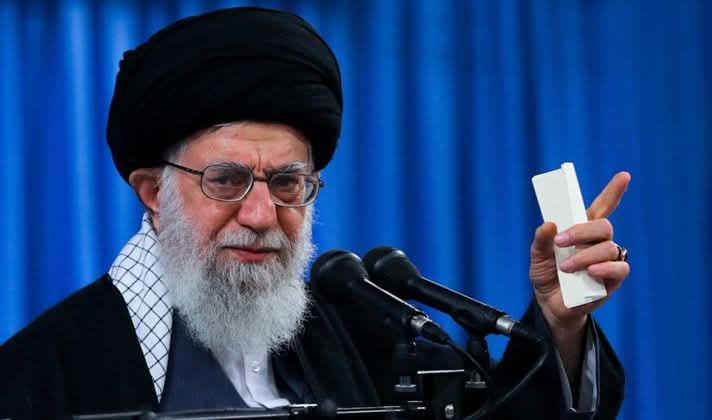
-

 News1 year ago
News1 year agoHardship: We Plan To Establish A National Commodity Board To Crash Food Prices – VP Shettima
-
News7 years ago
Blog Reader; Samson Osagiede Celebrates Fiancè Benedicta Daniels’s Birthday With Sweet Words
-
Home9 years ago
News Channel claims Donald Trump is an orphan from Pakistan,share alleged childhood photo
-
Home9 years ago
Another $175m Found in Patience Jonathan’s wife’s firm’s Bank Account
-
Home9 years ago
Oil Spillage: House of Reps Member Shares Photos of the Water her Constituents Drink .
-
Home9 years ago
Zara Buhari & Ahmed Indimi’s Wedding Access Card
-
News7 years ago
The Best Video You’ve Seen Today?
-

 Sport7 years ago
Sport7 years agoModric, Marta Wins 2018 FIFA Best Player Of The Year Awards ⚽️
